As a new parent, ensuring that your baby is getting enough milk can be one of your biggest concerns. Whether you’re breastfeeding or bottle-feeding, understanding the signs that indicate adequate milk intake is crucial for your baby’s growth, health and sleep.
Let’s explore the telltale signs to watch for and go over some tips to help you feel more confident about your feeding routine.
Observe the Suck-Swallow-Breathe Pattern
One of the quickest ways to determine if your baby is actively drinking enough milk is by observing their feeding pattern.
Suck Pattern
At the beginning of a feed, your baby will typically use quick, shallow sucking motions to stimulate milk let-down. Once the milk starts flowing, their sucking will slow down and become more rhythmic.
Swallowing Sounds
After a few sucks, listen for a slight gulp. This sound indicate that your baby is swallowing milk, confirming that they’re drinking effectively.
Jaw Movement
When actively drinking, your baby’s jaw will move in a deep, rhythmic motion. You might even notice slight movements around their ear or temple as they take in milk. The jaw should drop with each swallow.
Pauses After Sucks
After several sucks, your baby will pause to swallow. This pause is a clear sign that they’re drinking, rather than just sucking for comfort.
Track Diaper Output
Diaper output is one of the most reliable indicators of whether your baby is getting enough milk.
Wet Diapers
In the early days, expect your baby to have a wet diaper with every feed. This is a strong sign of adequate hydration.
Dirty Diapers
Newborns should have at least one stool per day of life for the first five days. After that, aim for at least four stools daily until they’re about 4-5 weeks old, when the frequency may decrease to once a day.
Monitor Weight Gain
Weight is a critical measure of your baby’s milk intake.
Initial Weight Loss
It’s normal for babies to lose up to 7-10% of their birth weight during the first few days after birth.
Regaining Birth Weight
By around two weeks of age, your baby should return to their birth weight. After this point, babies typically gain about 4-7 ounces per week.
Assess Baby’s Attitude
A satisfied baby is often a good sign of effective feeding.
Post-Feed Behavior
After feeding, a content baby will usually be calm, relaxed, and may even appear sleepy. If your baby frequently cries or fusses after feeds, it could indicate hunger, inadequate milk transfer or discomfort.
Notice Changes in Your Breasts
Physical changes in your breasts can also indicate whether your baby is feeding effectively:
Breast Fullness
Before feeding, your breasts should feel fuller. After a successful feed, they should feel softer, indicating that milk has been consumed.
Understanding these signs can help ease your worries about whether your baby is getting enough milk. Remember, every baby is unique, and feeding patterns can vary. If you have concerns about your baby’s feeding or weight gain, don’t hesitate to reach out to a pediatrician or lactation consultant (me!!!) for guidance. With patience and attention, you’ll feel more confident in your feeding journey!








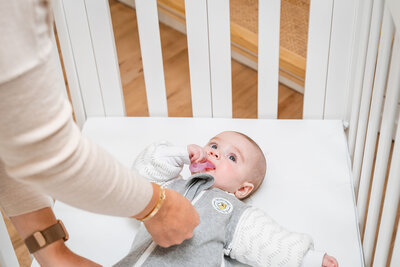







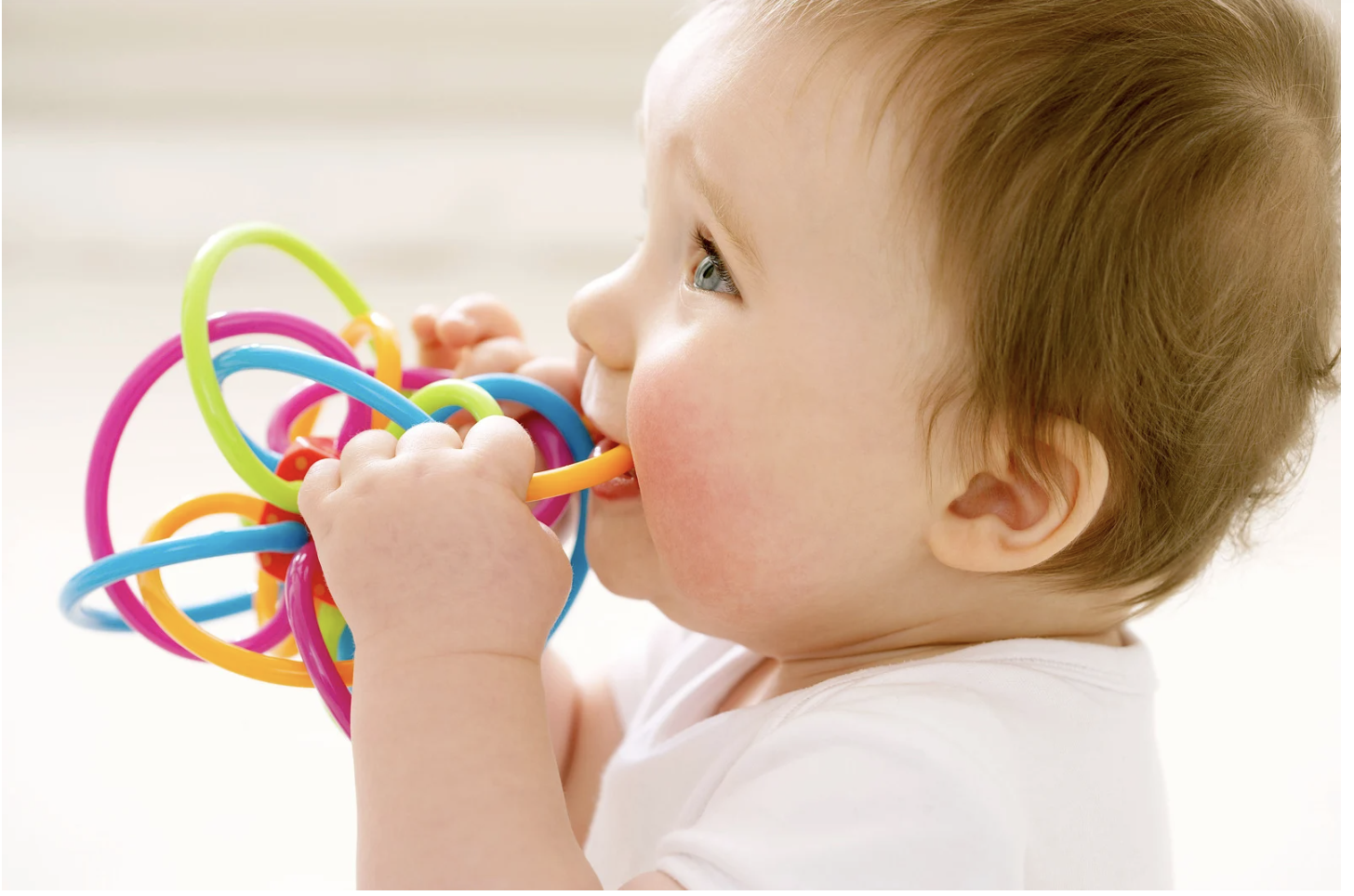


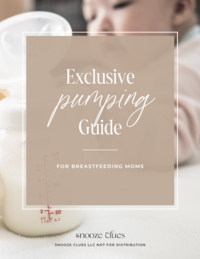

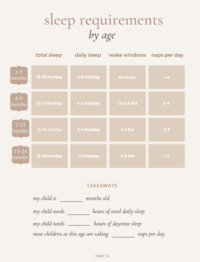
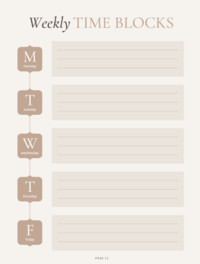
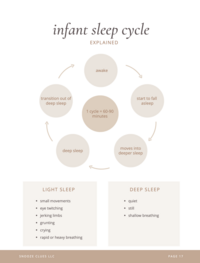



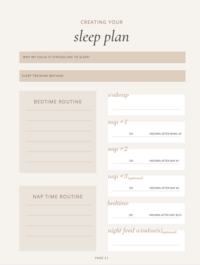
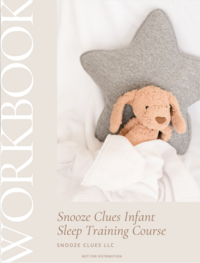
Read the Comments +